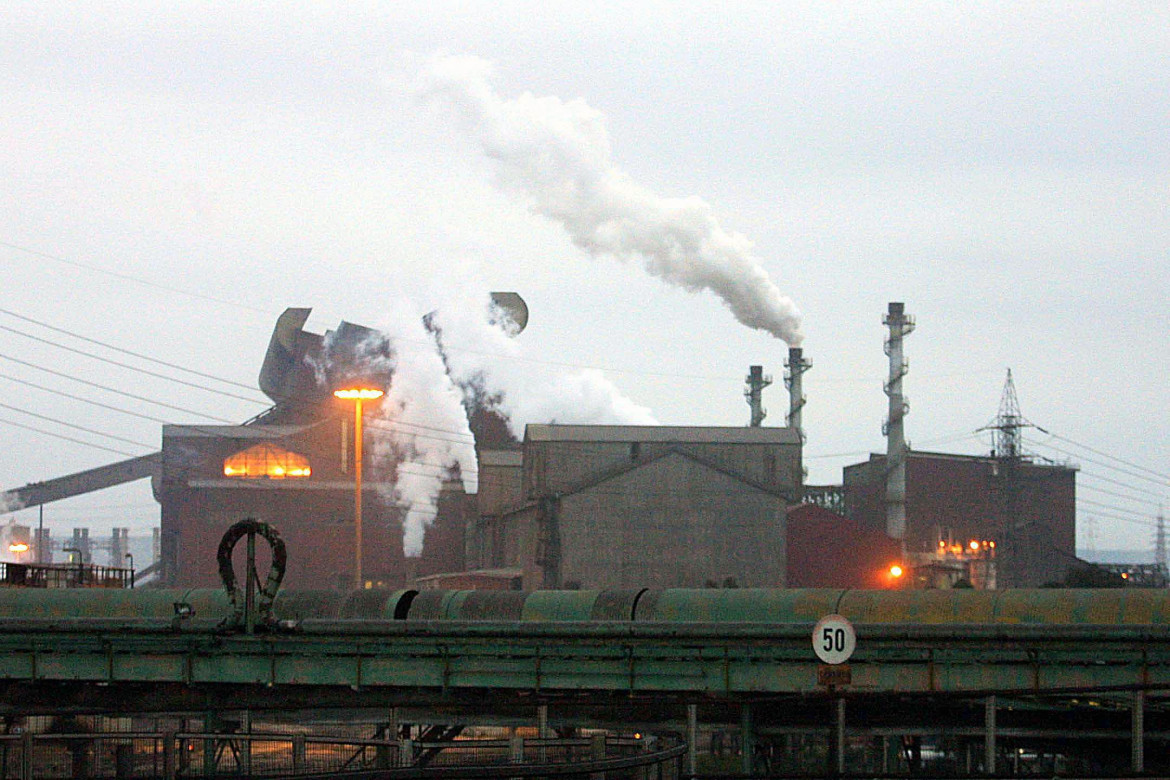Commentary
Why don't capitalists want to ‘go green’ anymore?
Why is it that the anti-ecological faction of capital is gaining ground just about everywhere, to the detriment of the one that is at least willing to flirt with environmental issues? The answer is as easy to give as it is bitter to acknowledge.

It seems that among the highest circles of capitalist finance, the ecological transition no longer garners the same level of support it once did. There is a growing faction among wealthy capitalists that is challenging what they call the excessive rigidity of the measures needed to reduce polluting emissions. The idea now in vogue is that the green transition is taking place too fast and there is a risk that rising production costs would become unsustainable.
The shift in focus at the highest levels of power is being felt almost everywhere in the world. The current standard bearer is Conservative British Prime Minister Rishi Sunak, who has questioned not only the pace of emissions reductions, but also the eco-friendly targets themselves, previously widely accepted in the UK.
The reverberations of this new trend are also being felt in Italy. At the recent Sole 24 Ore Italian Energy Summit, the CEO of ENI spoke about Sunak’s new “doctrine,” arguing for the need to scale down European green transition targets, and possibly adapt them to the specific characteristics of each country. By “adapting,” of course, he meant adjusting downward.
The rising trend of “anti-ecological capitalism” also seems to be ruling the day in the topical affair of the former ILVA plant in Taranto. The idea that the state would recapitalize the plant, carrying out its ecological reconversion and the restoration of the land, seems to have been rejected. The Meloni government has no desire to put any more public money into the “green” steel plant project, claiming in its defense that they couldn’t sell this to taxpayers.
The result is that the course of action proposed by the private shareholder Arcelor Mittal has become the only one left: namely, not giving a damn about the environmental impact and continuing to produce with the current blast furnaces at a decreasing rate, until the last drop of profit is squeezed out and the plant can be abandoned to its fate as a ruin of global overproduction.
But why is it that the anti-ecological faction of capital is gaining ground just about everywhere, to the detriment of the one that is at least willing to flirt with environmental issues? The answer is as easy to give as it is bitter to acknowledge. Environmentally unfriendly capitalists are fishing for support among a fragmented working class, already battered by inflation, which, even though it might agree with the warnings about climate change, also seems increasingly impatient with the costs of the ecological transition.
And, up to a point, they have every right to be. One of the most serious flaws in the environmental policies of recent years is that they have often been financed with higher tariffs for everyone, regardless of income, with regressive taxes, and with the elimination of subsidies for the cheapest traditional products – in short, with measures that weigh heavily on the poorest. This adds insult to injury, since luxury consumption is actually the highest source of emissions.
In this scenario, there is a real risk that in the circles of high finance, the ecological issue will lose its allure altogether. In those circles, what used to be Trump’s line – and is now Sunak’s line – may become increasingly respectable. And we would hardly be surprised if some climate change denier ends up being invited to Davos instead of Greta Thunberg in the near future.
Are there any lessons that can be learned from this phase of clear crisis in environmental politics? One of them, which is rather obvious, is that the ecological transition can only find acceptance among the masses if its social costs are not passed on to wages, but to profits and rents. In other words, it would take what we might call a “law of environmental drop in the profit rate,” a drop that would manage to head off the risk of climate catastrophe.
Is it possible to get there with the free market, as ecologist capitalism circles sometimes like to suggest? For all the fanciful tales about the benefits of so-called “green finance,” the answer is no. However much it upsets the rich, whether they’re pro-environment or not, there can only be one solution: a novel and innovative version of a collective plan.
Originally published at https://ilmanifesto.it/perche-ai-capitalisti-non-piace-piu-il-green on 2023-09-29
